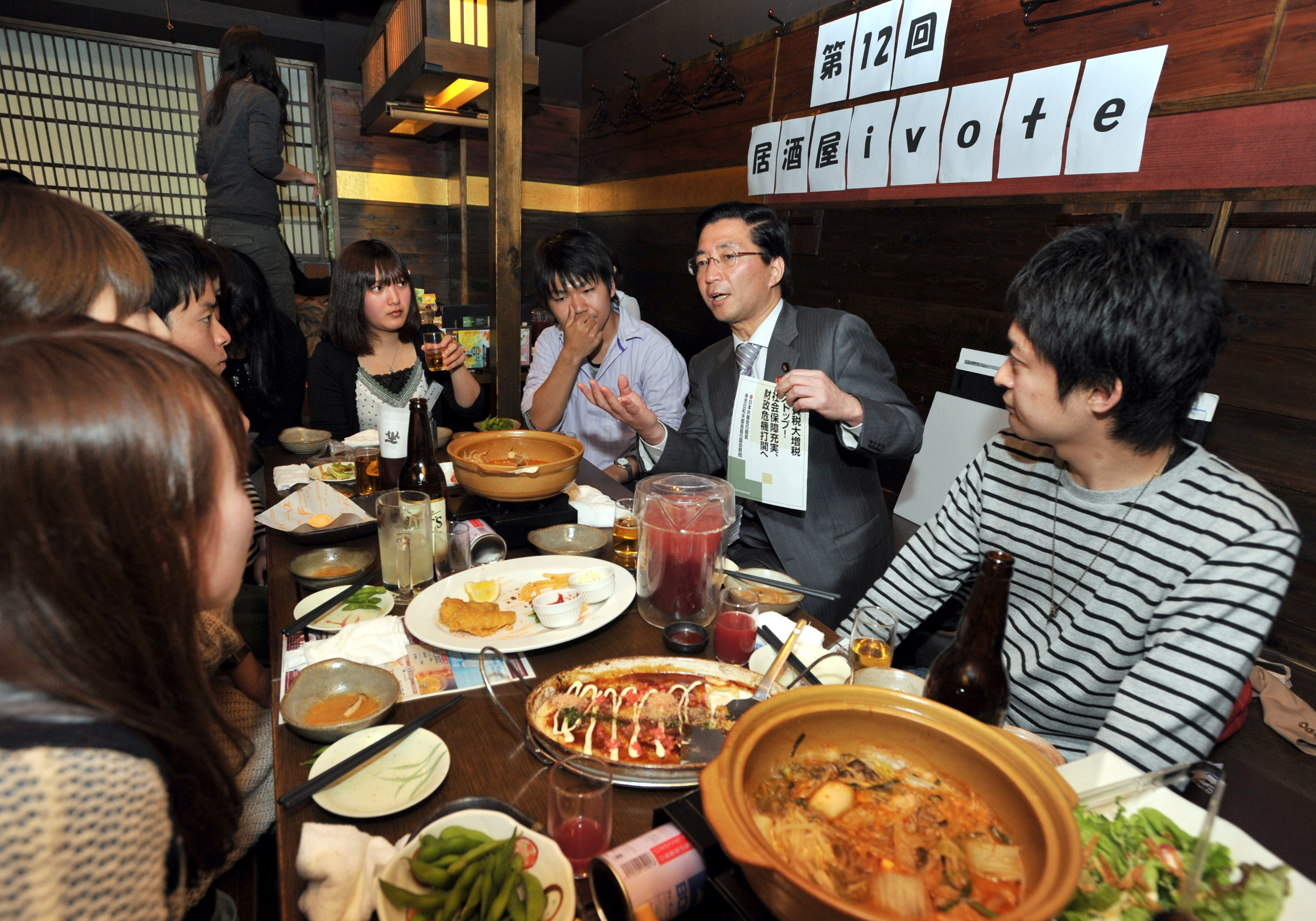Years ago a Japanese acquaintance applied for a green card when her American husband decided to move back to the United States. Someone told her she should not say she once voted for the Japanese Communist Party (JCP) during her interview, otherwise U.S. Immigration would reject it. As far as I know, applicants' voting decisions have never been an issue for the State Department — political party affiliation, maybe — but in any case, the anecdote points out America's reputation for paranoia regarding socialist thought.
Before and during World War II, communists in Japan were persecuted and jailed, but afterward they enjoyed a brief dispensation and flourished in the new democracy. As Japan aligned more strongly with the U.S. during the Cold War, avowed communists and fellow travelers fell out of favor, and more radical adherents found themselves in the sights of the police, but until the late 1970s the Japanese Communist Party was a force in national politics, helped to a certain extent by the sentimental attachment boomers formed with Soviet culture during their college years. Many still know all the words to popular Russian folk songs.
The JCP has always been known for its idealism. In the early '60s its aims were to abolish the emperor system and dismantle the Self-Defense Forces. According to political writer Hideyo Fudesaka in the April 29 Tokyo Shimbun, the JCP "only formulates policies that have no chance of being realized," giving as an example its unconditional opposition to the consumption tax. Others interviewed in the same article contend this is not necessarily a bad thing, since right now the main opposition is the Democratic Party of Japan, which accepts most of the ruling Liberal Democratic Party's policies. The JCP, by opposing everything the LDP proposes, provides much-needed rebuttals to those proposals.



















With your current subscription plan you can comment on stories. However, before writing your first comment, please create a display name in the Profile section of your subscriber account page.